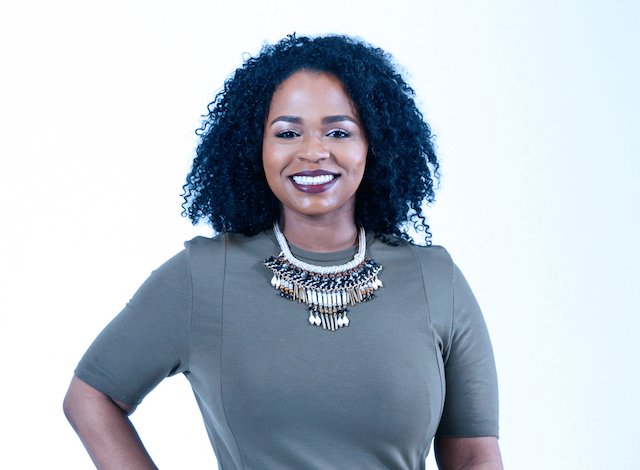We Out Here: Recognizing The Black Icons Among Us
May 17, 2019, 4:47 p.m.
What if we gave ourselves permission as black creatives in predominantly white spaces to be iconic?

Crissle West
In an era of hyperbole, where everyone is “amazing” and everything is “epic,” it can be hard to understand and live in the actual meaning of words. It can, though, provide an opportunity to reinterpret and expand on words that already exist — particularly words that have most commonly been assigned to an exclusive set of people. The Merriam-Webster.com definition of “icon” includes “an object of uncritical devotion” and offers the following people as synonyms of the word: Marilyn Monroe, Elvis Presley, the Beatles. If you Google “pop culture icon,” some lists now include Michael Jackson, Bruce Lee, Oprah and, of course, Beyoncé, along with scant few other figures of color. But what if lists started to include Crissle West or Tracy Clayton or Bomani Jones? What if we gave ourselves permission as black creatives in predominantly white spaces to be iconic? Like, say, the world of podcasting?
A few years ago, I participated in a couple of panels at the Werk It Festival, the annual women’s podcast festival produced by WNYC Studios, and after each panel nearly every one of the very few black women approached me with the same concern — they didn’t feel like the podcast space was for us. And I remember thinking, and actually telling one or two of the women, “Maybe it’s not. And maybe we don’t need it to be.” But then I rethought that response. I was so accustomed to rebelling against the idea of having to push our way into white spaces, that I failed to recognize the black podcasters that have been out here doing it long before the podcast boom even began.
Folks like Crissle West, who has been co-hosting "The Read with Kid Fury" for over five years, and goes to work in the studio every week to record for two hours and often more so that she can deliver a podcast to an audience of listeners who are, without question, uncritically devoted to her. Folks like Tracy Clayton, late of BuzzFeed’s "Another Round" and now host of "Strong Black Legends" for Netflix, and sports media influencer Bomani Jones. Clayton has been funny and vulnerable and unabashedly open about her struggle with mental health issues as a black public figure. And Jones is one of the most influential and unique voices at the intersection of sports and culture, who juggles two podcasts and a cable network show, among other things.
There’s a Toni Morrison quote that is forever stamped in my brain: “We die, that may be the meaning of life. But we do language, and that may be the measure of our lives.” Language is the measure of black folks’ lives and where better to riff on and hone up and luxuriate in that measure than a solely audio platform? That’s what the "Black Icons of Podcasting," a conversation series I’m hosting at The Greene Space through the end of its season — is all about.
In the case of West, audience devotion is not the only thing that makes her iconic. It’s what she does in those two hours. She will spend an hour or more with Kid Fury dissecting the feud between Cardi B and Nicki Minaj, stanning over Beyonce or dragging Taylor Swift, and then turn around and deliver a whole, smooth, point by point read of the American Government. And she does it with such a beautiful, bold and unambivalent blackness, it feels like every single black ancestral spirit is simultaneously spitting bars and taking us to church.
She and her fellow black podcasters are all part of an opportunity to create a collective evolution, a self-sustaining, broad reaching narrative that changes the way we think about cultural iconography. Now, that’s iconic.
Listen to Rebecca Carroll talk about her interview with West on "All Things Considered" hosted by Jami Floyd.
Rebecca Carroll is a cultural critic and Editor of Special Projects at WNYC, where she develops, produces and hosts a broad array of multi-platform content, including podcasts, live events and on-air broadcasts. Rebecca is also the author of several interview-based books about race and blackness in America, including the award-winning Sugar in the Raw, and her personal essays, cultural commentary and opinion pieces have been published widely. Her memoir, Surviving the White Gaze, is due out from Simon & Schuster in 2020.